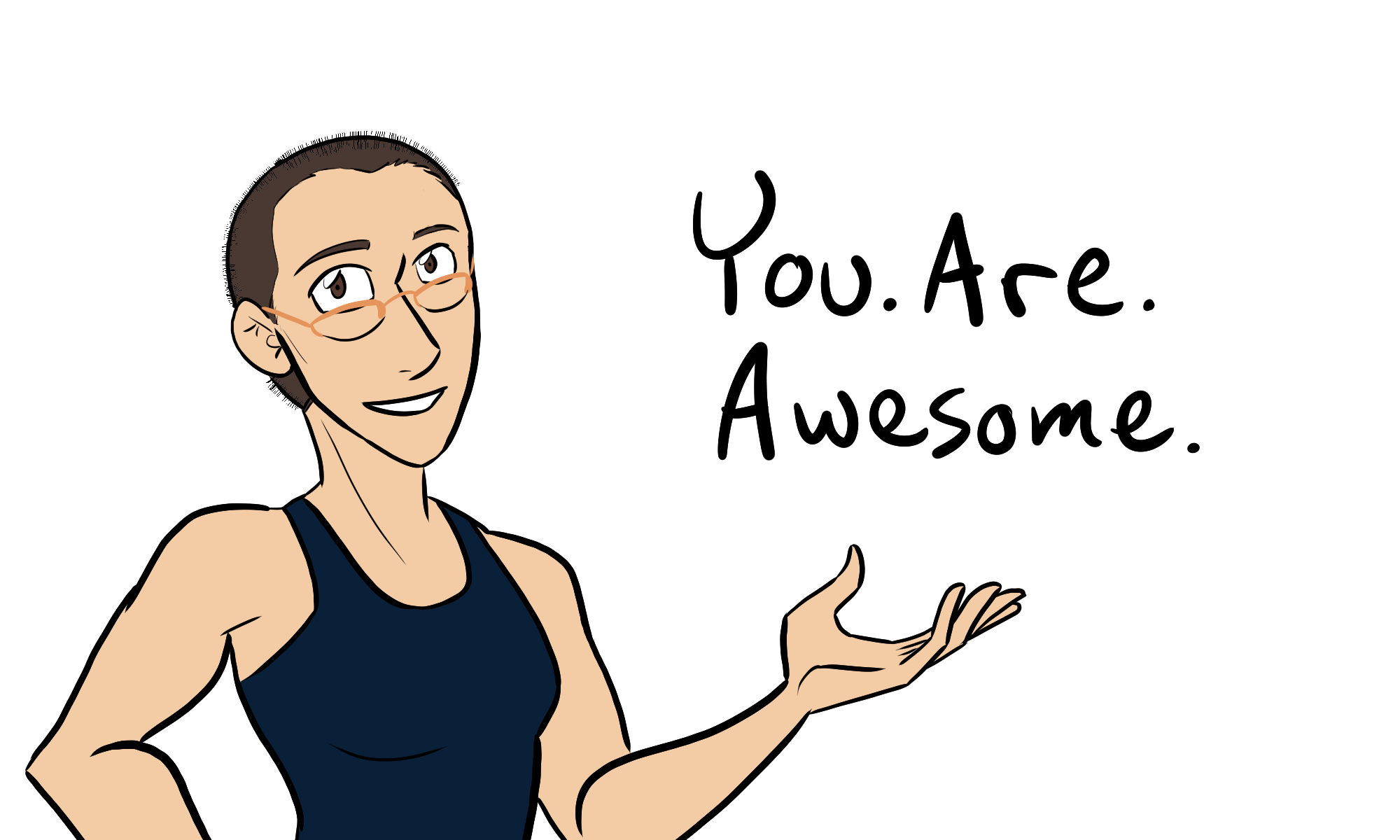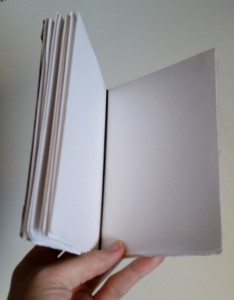
We all have assumptions. And sometimes those assumptions serves us ok.
Assumptions like “Planning is good for buildings and other physical products” and “creating is an impulse.”
But a lot of the time, especially when we create new art and stories, those asumptions are wrong. When you create things, you gotta bend or break the rules to create something that’s worth a damn.
To that end, I say that outlines – that pesky tool that some creatives think gets in the way of writing because it’s used for book reports and not novels – outlines are not just handy in creative writing and storytelling. They are necessary.
Allow me to explain.
When it comes to how our brains work, we have this assumption that there’s a left and right brain, and that planning and logistics are logical, left brain functions, while creative expression and intuition are the domain of the impulsive and emotional right brain.
Except our brains don’t really work that way. When we create, multiple parts of our brain, not just the right hemisphere, light up with activity. The same is said for doing logical problems, especially math. Multiple parts of our brain light up. How many of us got creative with math problems?
I know I did. And I aced all my math classes.
So why are logic and organization shunned in the creative arts?
I don’t know (leave your thought on this in comments).
But I like using outlines for when I write, especially when I write for my comics. Why?
Because outlines help me figure out what’s next when my creative juices are stuck in the valve of expression. Outlines are the Drain-O that opens the valve.
Recently I was writing in a new comic script. The story is about an autistic girl, who’s exploring a town in a post-alien-colonized Earth to find a cyborg that killed her father.
I was writing act 1 when I stopped and went, “Crap. I don’t know what’s going to happen next.”
So I walked away from it and shuffled through my notes of the story, which I keep in a notebook on my shelf.
I opened this notebook, and LO AND BEHOLD! There was an outline of act 1 that included events leading into act 2.
I then took the time to write out an outline for act 2. It only took about ten minutes.
And when I returned to my script, I wrote three new pages!
Ten minutes of outlining saved me hours of staring at a computer screen and wracking my brain for ideas.
My outlines aren’t even all that detailed. They’re essentially one-sentence ideas for scenes.
But it works for me.
I know I intend on writing more outlines for my stories. I have one in particular, about a haunted house and some elementary school students that explore it, that desperately needed an outline before I jumped into it. I’m going to take the time to write one up for that before I continue any further.
So the next time you get stuck when writing something, take ten minutes to write an outline. Your brain may thank you for it.
Thanks for reading!
You. Are. Awesome.



